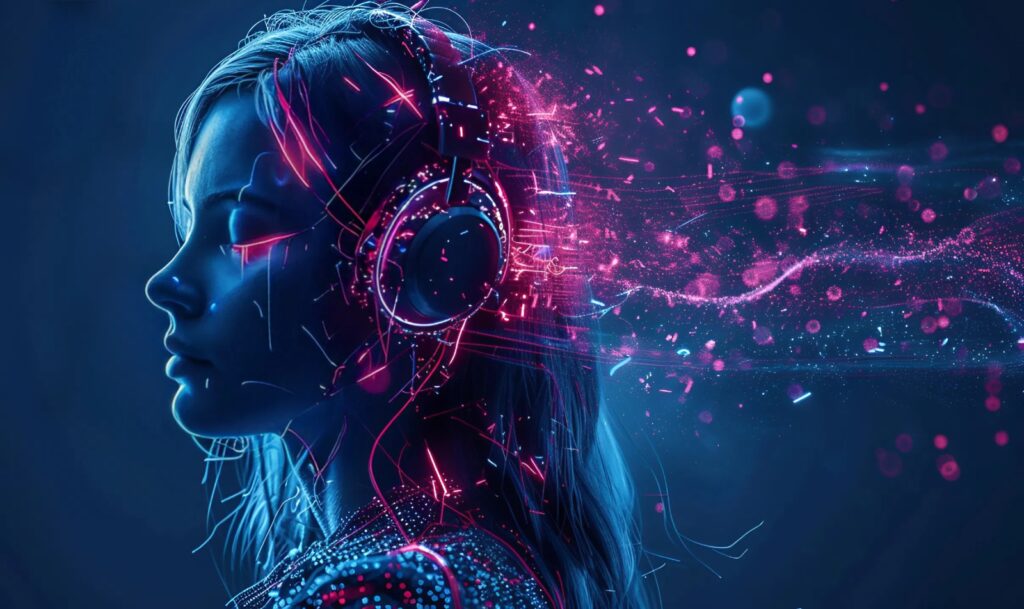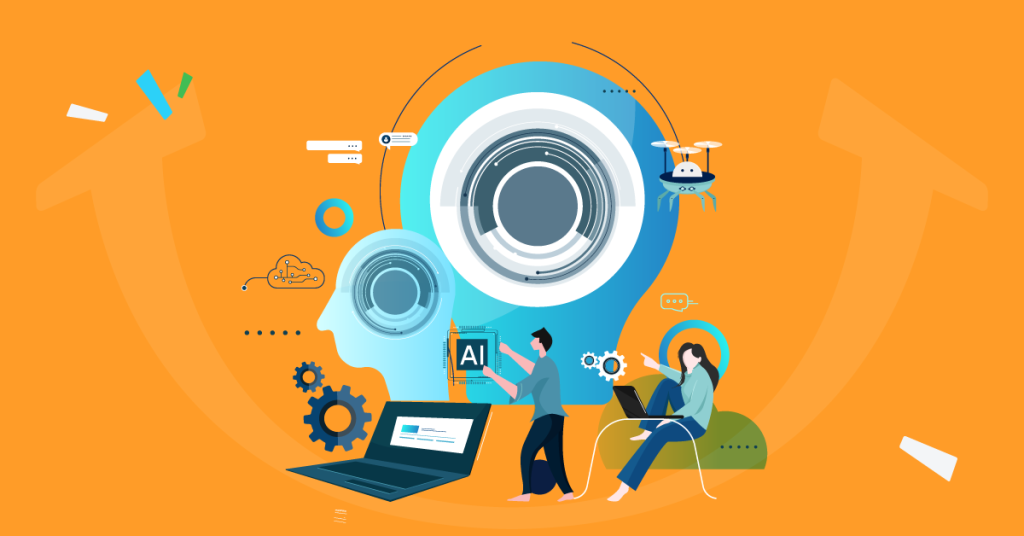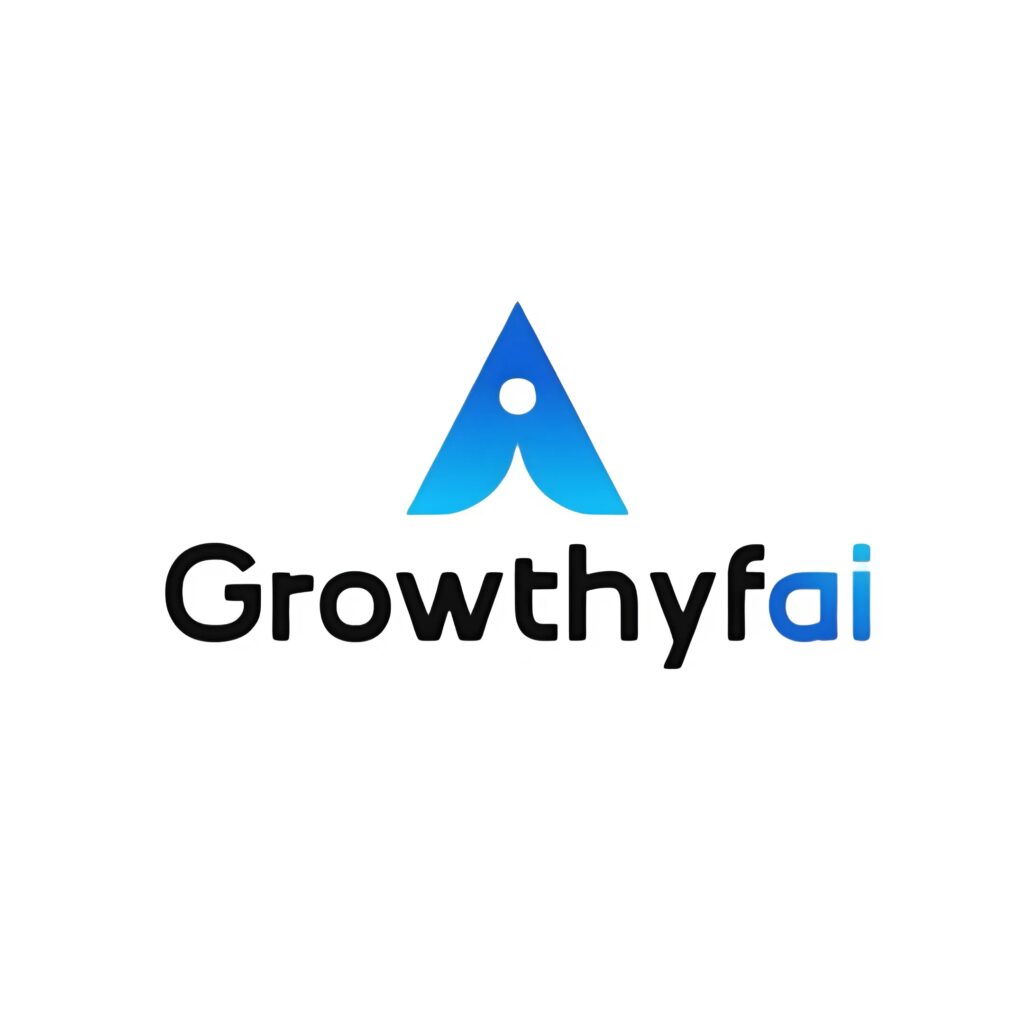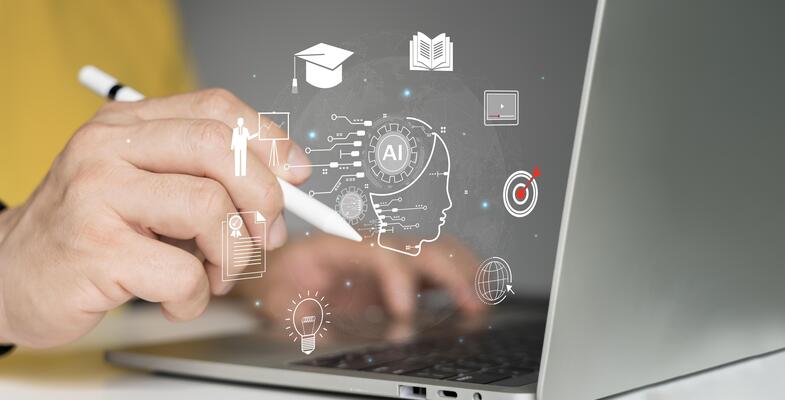AI-Powered Tutors Transform Global Education Landscape by Personalized Learning Experiences

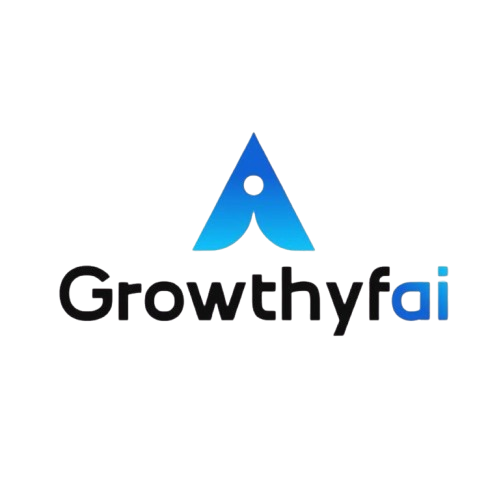
As the world finds itself in an era of unprecedented technological advancement, education systems across the globe are fervently exploring innovative solutions to keep up. One of the most transformative developments is the integration of artificial intelligence (AI) in educational practices, particularly through AI-powered tutors. These advanced systems are revolutionizing the global education landscape by offering personalized learning experiences that cater to the unique needs and learning styles of students. This blog post delves into the profound impact of AI in education and how AI-powered tutors are redefining learning experiences worldwide.
The Rise of AI in Education
Artificial intelligence has rapidly permeated various sectors, and education is no exception. Educational institutions are increasingly embracing AI technologies to augment traditional teaching methods. The integration of AI in education not only streamlines administrative tasks but also enhances the learning process by providing personalized tutoring, automating feedback, and ensuring adaptive learning paths for students. Unlike conventional one-size-fits-all approaches, AI-powered educational tools cater to individual learning preferences, thereby optimizing student engagement and outcomes.
Understanding AI-Powered Tutors
AI-powered tutors leverage sophisticated algorithms and machine learning to deliver customized educational experiences. These virtual tutors analyze student data, such as learning pace, strengths, weaknesses, and preferences, to tailor lessons that meet individual needs. By continuously adapting to a student’s performance, AI tutors offer real-time feedback and suggestions, thus allowing learners to progress at their own pace.
One notable example of AI-powered tutoring technology is Carnegie Learning’s MATHia platform. This AI-driven system uses cognitive science to provide personalized math tutoring at a secondary education level. By assessing students’ abilities and misconceptions, MATHia offers targeted interventions that bolster mathematical understanding and proficiency.
Benefits of AI-Powered Tutors in Education
1. Personalized Learning Experience: AI tutors customize learning paths, ensuring that each student receives content that matches their understanding level and learning style. This personalization fosters greater engagement and reduces the likelihood of students feeling overwhelmed or disinterested.
2. Immediate Feedback and Assessment: With AI tutors, students receive immediate feedback on their performance, enabling them to identify areas for improvement quickly. This instant feedback loop enhances the learning process, as students can address their misconceptions before they hinder progress.
3. Accessibility and Flexibility: AI-powered tutors are available 24/7, providing students with the flexibility to learn at their convenience. This availability is especially beneficial for learners in remote or underserved regions, where access to quality education may be limited.
4. Scalability: AI tutors can accommodate an unlimited number of students simultaneously, making them an ideal solution for scaling educational initiatives. This scalability is particularly valuable for institutions aiming to reach a broader audience without compromising the quality of instruction.
5. Data-Driven Insights: By tracking and analyzing student performance data, AI-powered tutors offer valuable insights to educators and policymakers. These data-driven insights can inform curriculum development and policy decisions, ultimately leading to more effective educational systems.

Challenges and Considerations
While AI-powered tutors present numerous advantages, there are several challenges and considerations to address for successful implementation. Privacy and data security are paramount, as these technologies collect and analyze sensitive student information. Ensuring that AI systems comply with data protection regulations and maintain transparency in their operations is crucial.
Moreover, the digital divide remains a significant obstacle in many regions. Access to the necessary technology and internet connectivity is essential for the equitable distribution of AI-powered learning tools. Without addressing these infrastructure gaps, the benefits of AI in education may be unevenly distributed, exacerbating existing inequalities.
Notable AI Tutoring Applications and Success Stories
The application of AI in education is not limited to a single subject or region; its impact is global and multifaceted. One success story is Squirrel AI, a Chinese-based platform that provides AI-powered tutoring for K-12 education. Squirrel AI’s innovative approach tailors lessons to each student’s unique learning trajectory, resulting in significant improvements in student performance and engagement.
In higher education, the University of Florida employs an AI-driven system known as SmartProctor. This tool assesses students’ understanding of course material and monitors for potential academic dishonesty, thus ensuring the integrity of remote learning environments. The use of AI in this context illustrates its potential to enhance not only learning outcomes but also institutional efficiency and accountability.
Conclusion: The Future of AI in Education
The emergence of AI-powered tutors marks a pivotal moment in the evolution of education. By offering personalized learning experiences, these intelligent systems are bridging gaps in accessibility, engagement, and achievement across diverse educational landscapes. As AI technology continues to evolve, its potential to transform education further will be immense, paving the way for a more inclusive and adaptive learning environment for all students.
Nevertheless, to fully realize the benefits of AI in education, it is essential to address the challenges of privacy, infrastructure, and the digital divide. By fostering a collaborative effort between governments, educational institutions, and technology providers, the future of AI in education holds tremendous promise in creating equitable opportunities for learners worldwide.

